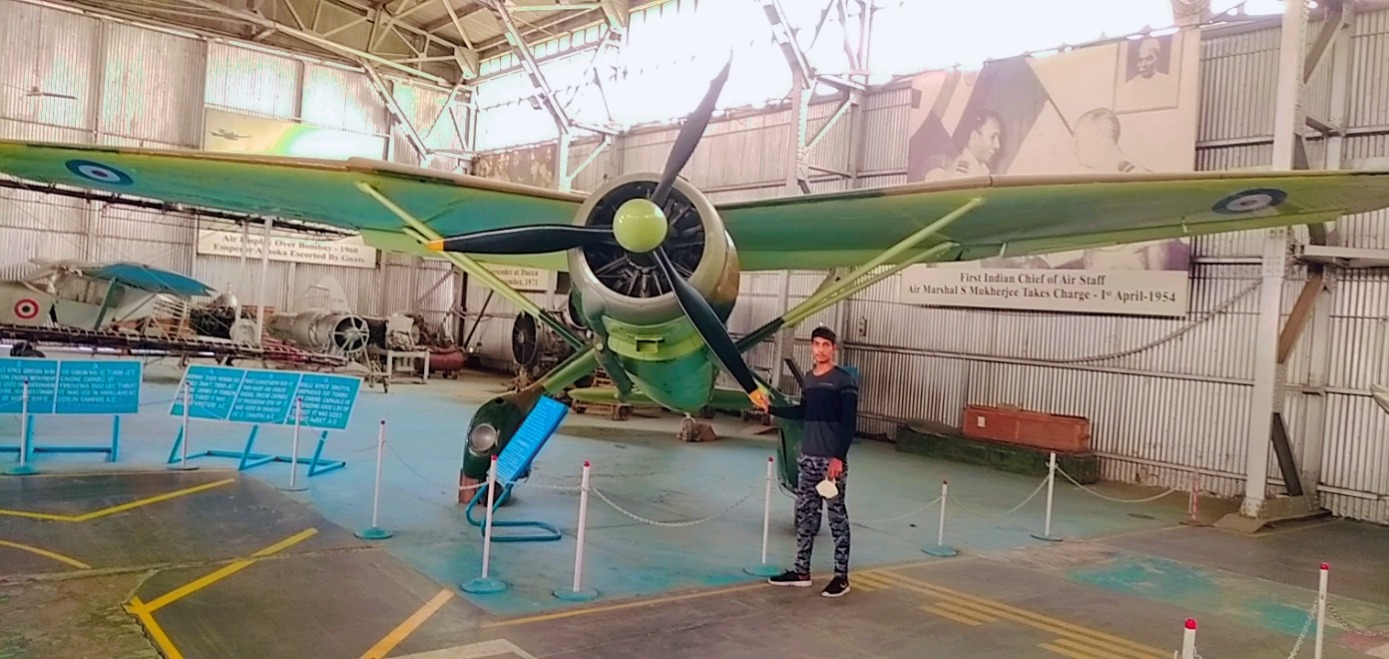There are no items in your cart
Add More
Add More
| Item Details | Price | ||
|---|---|---|---|
Fresh SSB batches starting 17th July. Referred articles were published in The Hindu.
1. How Did Himachal Achieve a High Rank on the NAS?
NEWS IN SHORTS
1. India, Africa Must Work Side by Side: PM Modi in Namibia
Prime Minister Narendra Modi, during his visit to Namibia, emphasized that India and Africa must cooperate, not compete, for global prosperity. He highlighted India's support for Namibia's decolonization {India first advocated Namibia’s independence at the UN in 1946, opposing colonial rule and apartheid. From the 1960s to 1990, India backed SWAPO, offered education aid, and swiftly recognized Namibia post-independence—affirming solidarity with African liberation and South-South cooperation} and congratulated the nation for adopting India's UPI digital payment system. Modi underscored Africa's role in global affairs and stressed the need for "building together" by leveraging raw materials for value creation, not just exports.
2. Two Pilots Killed in Third Jaguar Jet Crash This Year
Two Indian Air Force (IAF) pilots were killed when their twin-engine Jaguar trainer aircraft crashed in Churu, Rajasthan. This marks the third Jaguar crash this year. An inquiry has been launched to determine the cause, with initial reports suggesting a technical malfunction. The IAF expressed deep regret over the loss of lives, underscoring the dangers involved in military training and the challenges of maintaining aging aircraft.
3. Building Resilience Underlined at BRICS Summit
The 17th BRICS summit concluded with a declaration emphasizing the need for resilience and cohesion among emerging economies. Discussions covered global challenges like the Israel-Hamas conflict, expansion of the UN Security Council, and de-dollarization. India, preparing for its 2026 BRICS leadership, reiterated its commitment to cooperation on various fronts, including energy security and climate change, rejecting protectionism and advocating for a rule-based global order.
4. Delhi's Refuelling Ban: Simple Policy, But Imprecise
Delhi's new policy banning the refuelling of vehicles over 15 years old, effective July 1, aims to reduce air pollution. However, experts deem the policy imprecise, as it doesn't differentiate between fuel types or actual emissions, potentially penalizing well-maintained older vehicles. The measure impacts around 2.4 lakh vehicles and calls for a more nuanced approach, combining age limits with actual emissions testing for effective air quality management.
5. India's First Indigenous Diving Support Ship, Nistar, Inducted
The Indian Navy has inducted its first indigenously designed and built Diving Support Vessel (DSV), INS Nistar, at Visakhapatnam. Measuring 118 meters with a tonnage of nearly 10,000 tonnes, Nistar is equipped with state-of-the-art diving equipment capable of deep-sea saturation diving up to 300 meters. With nearly 75% indigenous content, its induction marks a significant milestone in India's quest for self-reliance in naval shipbuilding.
6. DGCA on Manpower, Airport Grievances, Data Sharing
The Directorate General of Civil Aviation (DGCA) faced scrutiny over manpower shortages, airport grievances, and data sharing during a parliamentary meeting. Concerns were raised about understaffing in key departments, affecting operational efficiency and safety. The DGCA acknowledged the need for more personnel and better data management, particularly regarding technical glitches and passenger complaints, to improve the overall civil aviation sector.
7. End Custodial Brutality, Begin Criminal Justice Reform
A recent case in Tamil Nadu highlights the urgent need for criminal justice reform and an end to custodial brutality. The article cites numerous instances of custodial deaths and abuses, emphasizing that such violence is a systemic failure of the police force and the justice system. It calls for comprehensive legislative changes, improved investigation mechanisms, and greater accountability to prevent further tragedies and ensure justice for victims.
8. No Decision Yet on Updating NPR Along With Census
The Centre has not yet decided whether to update the National Population Register (NPR) during the upcoming 2027 Census. A two-day conference of Census Operations officials concluded without a firm decision, with discussions raising concerns about data collection and privacy. The NPR, first conceptualized in 2010, is a database of residents with demographic and biometric information.
9. Shubhanshu Shukla Grows Fenugreek, Green Gram in Space
Shubhanshu Shukla has successfully grown fenugreek and green gram in petri dishes and then transferred them to a storage freezer on the International Space Station (ISS). This microgravity experiment aims to study seed germination and early plant development in space, offering potential for future food production in extraterrestrial environments. Shukla's research could contribute to sustained human life in long-duration missions.
10. Death by Negligence at Railway Crossings Must End
A tragic accident at an unmanned level crossing in Tamil Nadu, where three schoolchildren were killed by a train, highlights severe negligence. The gate was reportedly open, and the gatekeeper was absent. The incident underscores the urgent need for railway authorities to prioritize the conversion of all unmanned crossings to interlocked gates. Over 1,000 such crossings remain, posing a significant risk to human lives due to lack of proper safety protocols and infrastructure.
11. FATF Report on Terrorist Financing Reinforces India's Position on Pakistan
A recent FATF report on terrorist financing highlights that Pakistan has not fully implemented measures to counter terror funding, reinforcing India's long-standing concerns. The report notes that India is a significant victim of terror financing and has implemented robust frameworks to combat it. This strengthens India's stance on the need for stricter international action against countries that fail to address terror financing.
12. 12 Killed as Key Bridge Collapses in Vadodara
At least 12 people were killed and nine injured when a 40-year-old bridge collapsed in Vadodara, Gujarat. Trucks, vans, and other vehicles fell into the Mahisagar river after a slab of the Gambhira bridge gave way. Rescue operations are underway, but challenges remain with two to three more vehicles submerged. The incident, which eyewitnesses described as chaotic, highlights concerns about infrastructure safety.

Sachin Jangir